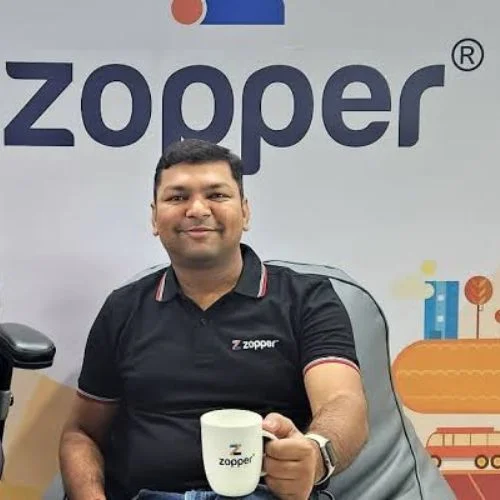Anupam Mittal, the founder, and CEO of People Group, referred to the tech giant as a “Digital East India Company” during the continuing legal dispute over Google’s new user choice payment structure.
Mittal retaliated against Google by accusing it of disregarding and breaking the Competition Commission of India’s (CCI) October 2022 antitrust instructions in a tweet.
“Today, I received a call from Google ordering their payments for Indian developers in defiance of instructions from the @CCI_India and Indian law. The worst kind of neocolonialism! I hope @PMOIndia, the courts, and the media are paying attention. The Digital East India Co. is present, Mittal tweeted.
Mittal compared the commission fees levied by Google to the lagaan (tax) that Indian farmers had to pay during the colonial era. Anupam Mittal recalled his conversation with a Google official in which he was informed that his business must adhere to the new policy by April 26 or its apps risk being removed from the Play Store. Companies like Shaadi.com, Makaan, and Mauj are run by the People Group.
In response to a query about whether the People Group companies would abide by Google rules if the Delhi High Court, which is hearing ADIF’s appeal against the new user choice billing system, did not rule favorably, Mittal stated that doing so would be illegal.
“We won’t give up the war without a fight according to both our understanding of the law and the law as it currently stands, what they are asking us to do is essentially illegal. They (Google) claim that I am your lord and master you must follow my instructions, not those of the court, the law, or the government of your nation, not the institutions of your country,” said Mittal.
Mittal stated that the IT giant has thrown a battery of solicitors at the CCI and is using the lack of quorum to its advantage because the new billing structure is fundamentally at conflict with the CCI’s antitrust regulations. According to Mittal, the People Group is using its own set of tactics to get in touch with higher-ups and move the situation in the correct direction. He added that he has faith in the country’s institutions and that the law would take effect when it is appropriate.
Under Google Lens

The remark was made a few days before the user choice billing system’s implementation date of April 26. Google’s controversial payment mandates, which will charge developers charges ranging from 11% to 26% and permit firms to incorporate third-party payment processors for online transactions, are at the focus of everything. To accordance with the CCI’s antitrust guidelines issued in October of last year, the new regulations were implemented earlier this year. The competition watchdog found Google guilty of abusing its hegemony in the Android smartphone market and with relation to its Play Store policy in two back-to-back rulings.
As a result, Google overhauled its India operation and made a number of policy adjustments. As a result, the new user-choice billing system was created. Trouble however began earlier this month when policy think tank ADIF, with the support of Indian startups like Mapmyindia, Paytm, and People Group competitor Matrimony, filed a petition before the Delhi High Court asking to delay the new policy until the watchdog completes a thorough investigation.
The policy thinks group argued before the HC, requesting that the CCI use the ‘directive of necessity’ to handle the matter. The directive gives the CCI the authority to take action without a quorum.
The complaint referred to the new billing system as a “cloaked version” of the old billing system, which paid developers a commission of 15% to 30%, and described the new policy as an attempt by Google to get around the CCI’s antitrust guidelines. Additionally, it asserted that the new standards are a “hoax” that allows app developers to choose third-party payment processors, leaving the market open to Google abusing its dominating position.
A decision in the case was reserved by a single bench of Justice Tushar Rao Gedela, and one is anticipated soon. The order moving forward might determine a crucial area of contention for Indian companies and could establish a significant precedent in what the startups describe as a struggle against Google’s monopoly.















